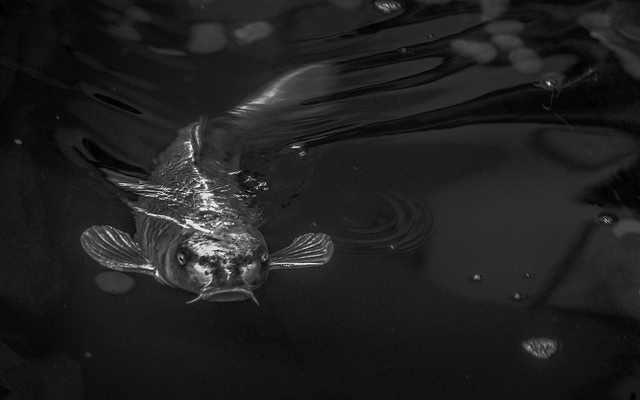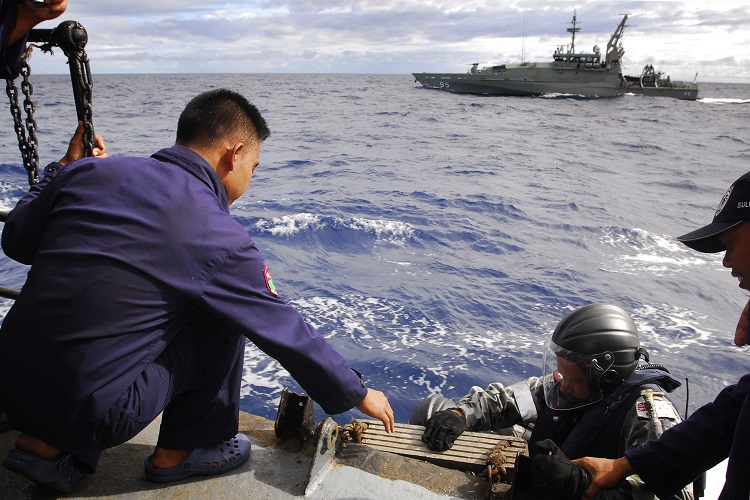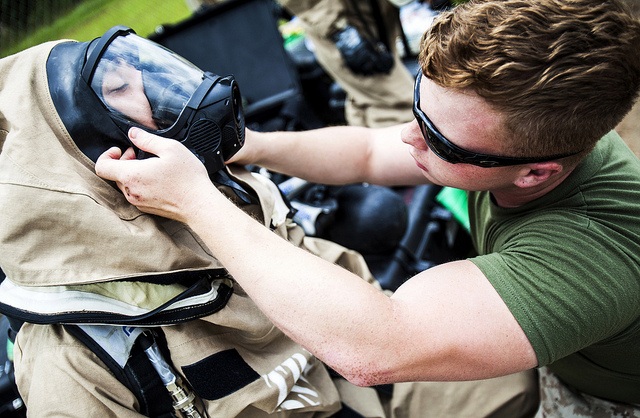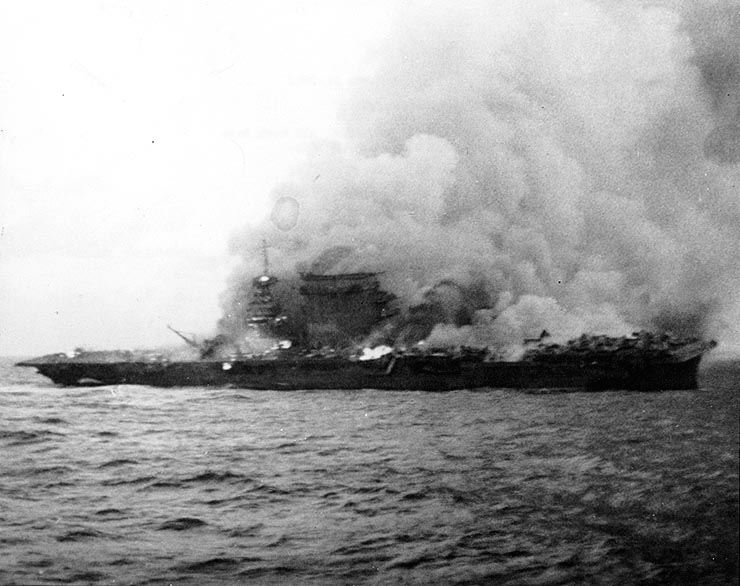Australia as a ‘top 20’ power: balance, interests and responsibilities
 In wrapping up the Strategist debate on Australia as a ‘top 20’ defence power, I’d like to thank the other contributors for a fascinating exchange. Peter Jennings’ initial contribution drew a thoughtful response from Andrew Carr, and the series unfolded from there. Contributions from John Blaxland, Nic Stuart, Peter Dean, and Andrew Smith subsequently helped to illuminate the shape of the battlefield. Looking back over the contributions, the core difference that emerges is the one between regionalists and globalists. Carr, Blaxland and Dean are regionalists. Jennings and I are globalists. I think Smith’s a globalist by virtue of alliance. And Stuart’s got a foot in both camps.
In wrapping up the Strategist debate on Australia as a ‘top 20’ defence power, I’d like to thank the other contributors for a fascinating exchange. Peter Jennings’ initial contribution drew a thoughtful response from Andrew Carr, and the series unfolded from there. Contributions from John Blaxland, Nic Stuart, Peter Dean, and Andrew Smith subsequently helped to illuminate the shape of the battlefield. Looking back over the contributions, the core difference that emerges is the one between regionalists and globalists. Carr, Blaxland and Dean are regionalists. Jennings and I are globalists. I think Smith’s a globalist by virtue of alliance. And Stuart’s got a foot in both camps.
I want to use this final post to talk about three things that seem to me to underpin the debate: the notion of ‘balance’ in our global and regional imperatives; Australia’s strategic interests; and the concept of international responsibility. Rolled together those factors become something like an exploration of Australian strategic identity.
Several contributors mentioned the need for Australia to strike a balance between its global and regional roles. I think that’s an important point. But I don’t think past Defence White Papers have been good at setting the balance between the near and the far in Australian strategic thinking. The layered concentric-circles model is structurally biased, because the circles lead ever downhill, emphasising a supposed declining interest in the more distant ‘issues of strategic concern’—to use Peter Dean’s phrase—and a strategic prioritisation on ‘fundamental issues’ close to home. The concentric-circles model doesn’t help us strike a balance; indeed, it doesn’t even pretend to be interested in the concept of balance. If we want to do some balancing between near and far, then we need a different way to think about Australian strategy.









